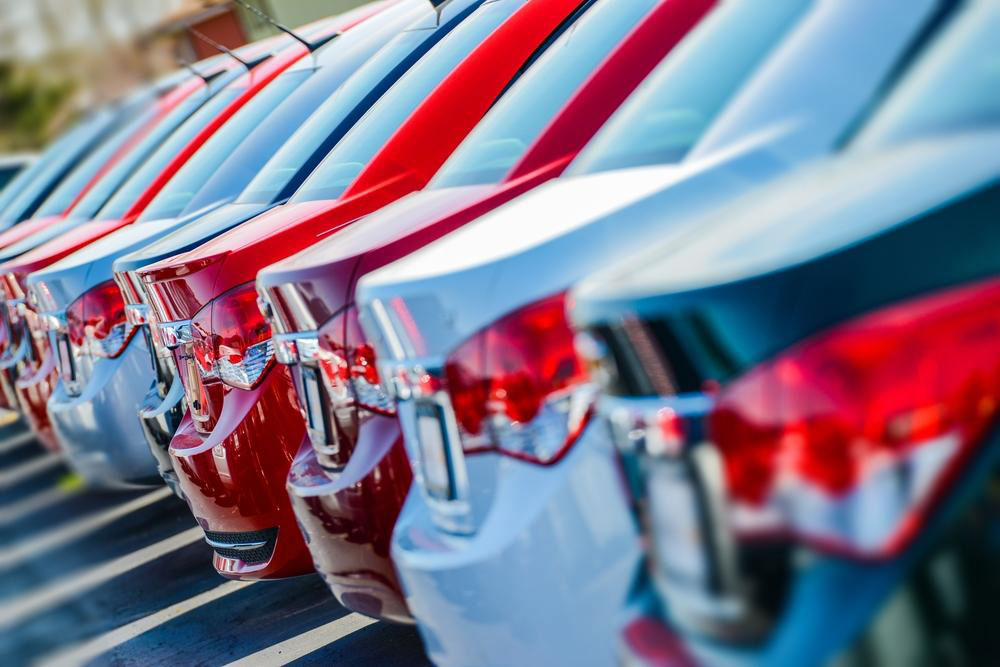
Identifying bad used car dealerships
A lot of people prefer buying used cars. But these used cars may come with a lot of problems. During their time on the road, these vehicles may have undergone neglect, infinite potholes, accidents, overloading, and poor maintenance. When a used car dealer gets their hands on such cars, a lot depends on their professionalism and integrity on how they go about fixing the car before reselling it. As a general rule, small car lots are riskier than larger, well-established car dealerships.
Here are some ways to sniff out a bad apple when it comes to car dealerships:
- Quality of inventory
Everybody wants a great deal on a used car, but in reality, you may have to hunt around for one. By the time a particular vehicle becomes cheap, it may have undergone a lot of wear and tear. If the cars displayed at a dealership look like they have been around the block far too many times, they probably must have. At such times, it is advisable to shop somewhere else. - Warranty or no warranty
It is recommended to work with a dealership that offers a warranty on the used cars they sell. The duration of the warranty is another important consideration. Always opt for a car dealer who offers a long warranty period. - Having a workshop
Car dealerships with their own garage and ASE-certified employees are more likely to have properly evaluated used cars, and they probably fix any problems they find before putting the car on sale. More the facilities available at the shop, the wider is the range of problems they’re capable of handling. Choose a dealer accordingly. - What’s in a title?
Make sure your car dealer physically shows you the title of the car they want to sell. In this way, you can avoid problems with respect to registering the used car. - Regarding open recalls
Make sure you ask the car dealer about their policy on selling cars with open recalls. A recall happens when a car has a defect that jeopardizes safety. - Arbitration clauses
An arbitration clause means a third party is responsible for resolving any kind of disputes that may arise in a contract. If your car dealer makes you sign an arbitration clause, it may signify that they do not have your best interests at heart since the third party almost always sides with the business that pays the arbitrator’s fee. - Closed to inspections
One of the best ways to protect yourself when buying a used car is to have a mechanic come along with you and conduct an inspection. This step will help find out if the car has any problems, and you can use this information to decide how much the car is worth. A dealer who does not let you take the car to an independent mechanic or is hesitant in letting you do so is probably not being honest in their dealings. It is recommended to go to a car dealer who agrees to independent inspections.
In this day and age, they are many ways for you to buy a car. Do your research, talk to experts, make informed choices, and avoid bad dealers to ensure that you get a reliable vehicle.


